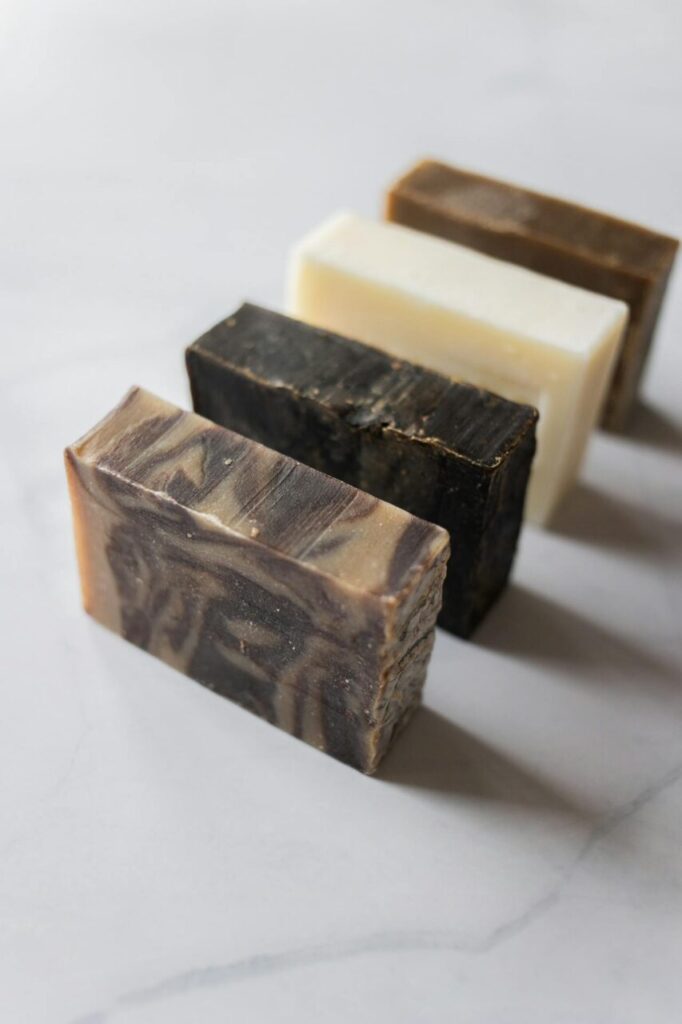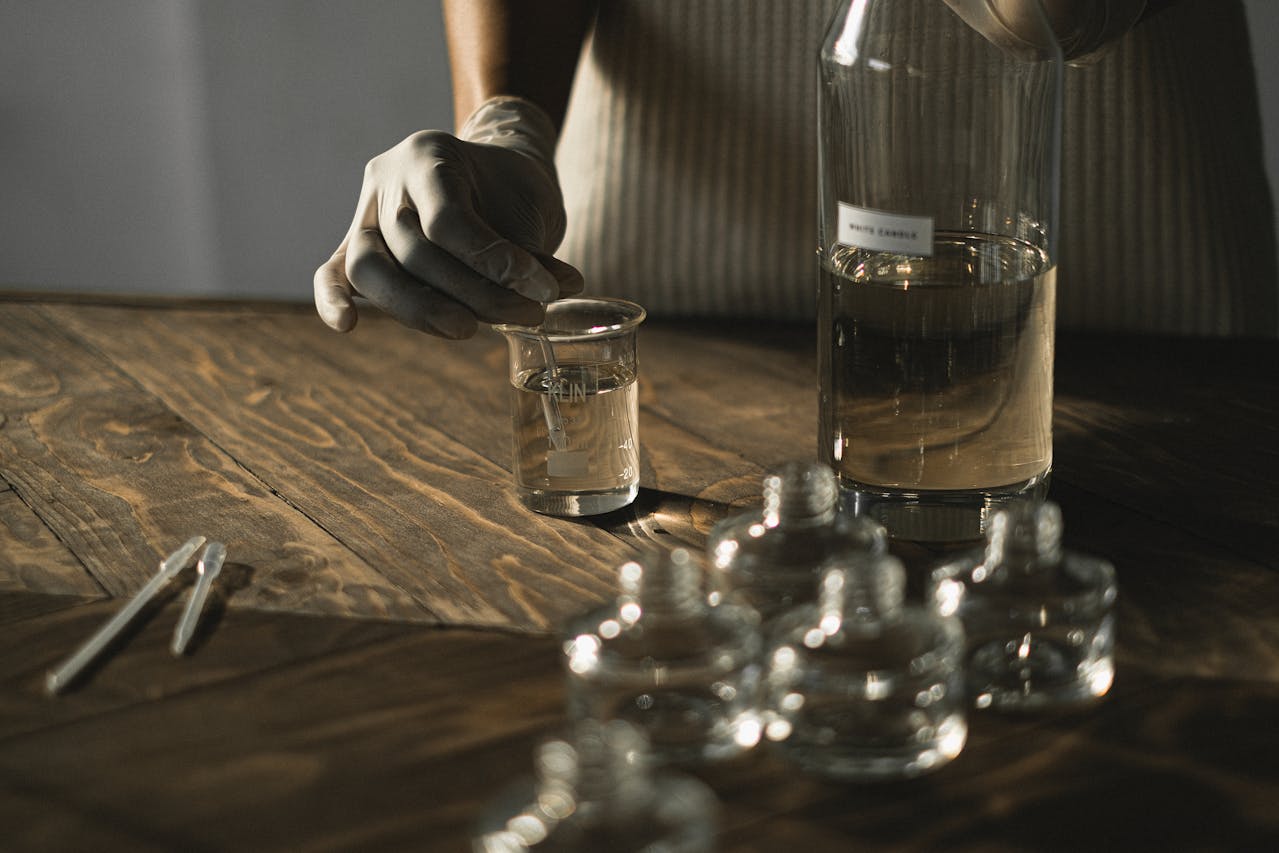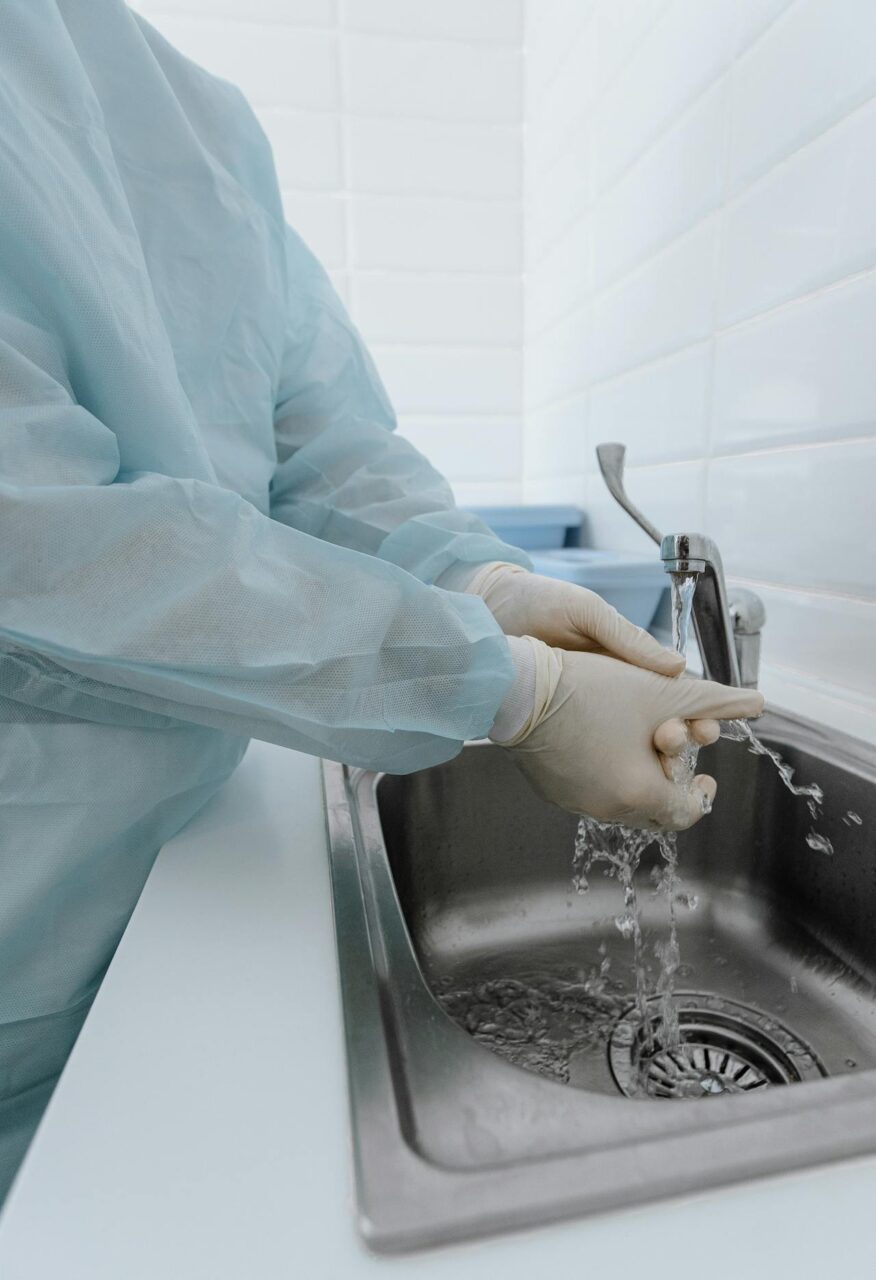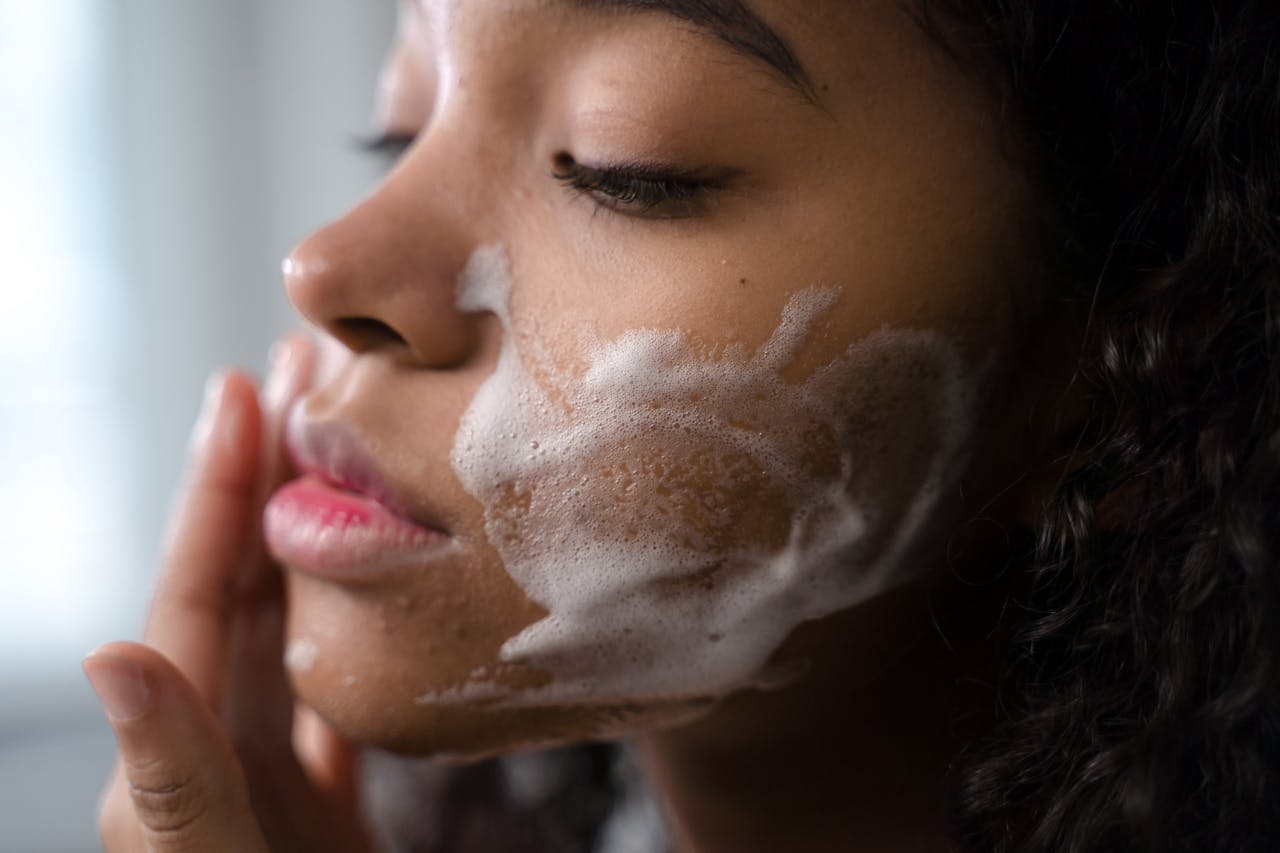What is Antibacterial Soap Good For? Uses and Benefits that Helps You Stay Healthy
- By Zakia Lott

Join 130k subscribers and get the best of the week, straight to your inbox.
Most people buy antibacterial soap just because it says “kills 99.9% of germs” on the label. No one really stops to ask what is antibacterial soap good for, or if you even need it for everyday use.
An antibacterial or antiseptic soap’s label sounds strong, and the price isn’t too different, so it lands in your cart. But let’s not act like we fully understand what we’re buying.
And that’s why today we’ll talk about when to use antibacterial soap, its benefits, and other things about it.
What Makes a Soap Antibacterial?

The average soap lifts dirt and germs off your skin so water can rinse them away. But an antibacterial soap goes one step further: it includes a chemical ingredient that stays on the skin long enough to kill or stop the growth of bacteria.
Common germ-killing agents used in these soaps are:
- Benzalkonium chloride
- Benzethonium chloride
- Chloroxylenol/PCMX
These ingredients punch holes in bacterial cell walls, so after 20 seconds of lather and a good rinse, they leave far fewer living bacteria than plain soap alone.
Point to be noted: Viruses are a different story, and an antibacterial soap does little for them.
Now, before we talk about what is antibacterial soap good for, let’s take a look at its two categories for better understanding.
Prescription Antibacterial Soap
Hospitals use stronger formulas of antibacterial soaps that can cling to skin for hours to give surgeons and nurses extra safety against germs. But since these soaps can irritate or dry out skin when misused, they’re sold only by prescription or dispensed under medical supervision.
Nonprescription Antibacterial Soap
These are the antibacterial or antiseptic soaps you see at the grocery store. They are made with lower doses of germ-killing ingredients and are meant for everyday messes without stripping your skin barrier.
And for the record, the antibacterial soap that can actually kill harmful germs is the prescription one mainly used by doctors and nurses. That fancy bar soap you see in commercials hardly does anything different from the regular soap.
What is Antibacterial Soap Good For?

From here on, we’ll focus on prescription antibacterial soap that can actually break bacterial walls and strip them off your skin. Here’s are some uses of an antibacterial soap:
Loved this reflection?
Join The Now Edit — my weekly letter for women reimagining how they live, work, and show up in the world.
Soulful storytelling. Gentle Strategy. Real Tranformation.
By signing up, you’re agreeing with our terms and conditions.
Surgical Hand Scrub
Even one tiny germ can cause a serious infection in surgery, which is why doctors and nurses scrub their hands with prescription antibacterial soap. They use a soap with 4% chlorhexidine or 7.5% povidone-iodine since these ingredients kill bacteria on contact and stay active on the skin for up to six hours.
Regular soap only washes off what water can rinse, so a stronger wash with an antibacterial soap can cut surgery-related infections.
Handling Very High-Risk Patients or Invasive Procedures
Newborns in the NICU (neonatal intensive care unit), organ transplant patients, or people with serious burns have very weak immune systems. So when healthcare staff work with these patients—like changing dressings or handling breathing tubes—they wash their hands with the same hospital-grade antibacterial soap. This soap leaves a thin protective layer that keeps killing harmful bacteria, lowers infection risks, and gives staff more time to safely do their work.
First-aid for Small Cuts and Scrapes
According to the US Food and Drug Administration, plain soap and water are fine for most cuts or scrapes. But it’s also the best time to use antibacterial soap if you have it from a hospital kit.
Lather the area for about 30 seconds to kill surface germs and leave a layer that keeps working as the cut begins to heal. Using an antibacterial soap on small injuries helps people with diabetes, kids who play outside a lot, or anyone with frequent scrapes. But always rinse the skin well, dry it, cover the wound, and don’t use it on deep wounds or bites.
Skin Prep Before Injections, IV Lines, or Surgery
Since needles break through the skin, cleaning the area first is important. A swipe with 4% chlorhexidine soap will kill most surface germs in under a minute. This helps stop bacteria like Staph (which causes skin infections) from entering the body through the needle, along with minimizing the chances of swelling, redness, or infection.
Taming Acne Flare-Ups

Doctors sometimes recommend medicated antibacterial soaps that contain ingredients like sulfur and benzoyl peroxide. These agents target the bacteria behind acne and help calm irritated skin. When you have a flare-up, wash the skin for 20 seconds and pat it dry to soothe bumps and swelling without drying out the skin.
Beating Stubborn Body Odor
Besides sweat, bad body odor is also caused by bacteria that break down your sweat. Therefore, it is one of the reasons to use antibacterial soap or body wash with ingredients like benzalkonium chloride as they reduce odor-causing bacteria.
Interestingly, this is where your over-the-counter antibacterial soap or wash can help. If you wash sweaty spots (like armpits, groin, or feet) daily with an antibacterial soap, it reduces odor-causing bacteria so you stay fresh longer. It works better than just layering on deodorant because it tackles the actual cause.
Piercing and Tattoo After-Care
New tattoos and piercings are open wounds at first, and one of the antibacterial soap benefits is keeping germs away from them. Wash your hands while caring for a body modification procedure, and softly clean the area with a mild antibacterial soap to remove dried fluid and bacteria.
Lather for 30 seconds, rinse, and pat dry with a clean towel. Do this twice a day during the first week to help prevent infections and keep your ink or piercing looking good.
When Does an Antibacterial Soap Make No Sense
An antibacterial soap comes with some potent ingredients that are not to be messed with. Here are a few situations where an antibacterial soap doesn’t belong:
- Every day hand-washing for healthy people because plain soap works
- Bathing babies or toddlers, as they have sensitive skin
- Eczema, psoriasis, or very dry/sensitive skin flares
- Cleaning deep puncture wounds because that’s when you need a medical antiseptic
- Trying to kill viruses like colds or flu
Always Play it Smart
An antibacterial soap is helpful, but it’s not meant for every wash—don’t fall for loud labels. Check what’s in it, research, and then decide. Overusing an antiseptic/antibacterial soap can do more harm than good for sensitive areas or everyday cleaning. So stick to what works for your skin, and use strong products only when there’s a real reason.
Suggested Reads:
FAQs
Is it ok to use antibacterial soap on private parts?
Not at all. Antibacterial soaps can disrupt the natural pH and beneficial bacteria of the vulva, which will cause irritation, dryness, and an increased risk of infections. Since your vagina is a self-cleaning organ, you only need lukewarm water or a mild, unscented cleanser for down there.
Can I use antibacterial soap on my face?
No, using antibacterial soap on your face is not good, as these soaps can strip away natural oils and beneficial bacteria. As a result, you might get skin dryness and potential breakouts. So, always go for a gentle facial cleanser formulated for your skin type to maintain a healthy skin barrier.
Does antibacterial soap help with fungal infections like athlete’s foot?
Antibacterial soaps are not effective against fungal infections like athlete’s foot, as they require antifungal treatments.
Zakia Lott
More Like This:








